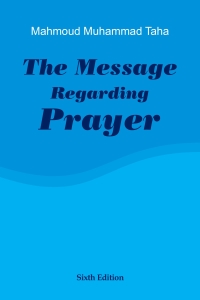Absolute Individual Freedom
In Islam, the fundamental principle is freedom. Every person, by virtue of being human, is free until they misuse their freedom, at which point it is curtailed in accordance with constitutional laws, as we have previously discussed.
Freedom is a right that is paired with a corresponding duty, the duty of proper conduct in exercising that freedom. Freedom has no limits except where the individual fails to fulfill the duty it demands, thereby becoming constrained by their incapacity to adhere to its responsibilities. Essentially, individual freedom in Islam is absolute, as long as it is exercised in a righteous manner. Its obligation, as stated, is the proper use of one’s freedom, and only those who refine their worship and follow the advice of the infallible one when he said: “Adorn yourselves with the attributes of Allah; indeed, my Lord is on a straight path.” Those who embody the attributes of Allah ascend from the limited to the Absolute, achieving such uprightness of conduct and purity of intention that all their actions result in goodness and benevolence toward all living beings and things, to the extent that laws will then have no dominion over them.
From the verses previously mentioned, it is evident that the individual is the focus of accountability in Islam. We have said that accountability signifies servitude, and here we affirm that the messengers were sent, and the scriptures were revealed, solely to assist the individual in bearing the burdens of this accountability. Consider the verse: “Ta-Ha. We have not revealed the Qur’an to you to cause you distress.” (20:1–2) Or,
“Alif, Lam, Meem. This is the Book about which there is no doubt, a guidance for those conscious of Allah” (2:1–2).
We also assert that the individual, whether male or female, is the ultimate purpose, while everything else, the cosmos or the Qur’an, is a means to that end: “We will show them Our signs on the horizons and within themselves until it becomes clear to them that it is the truth. Is it not sufficient that your Lord is Witness over all things?” (41:53).
If the Qur’an is a means for the individual, and it undoubtedly is, then legislation is likewise a means, even to an even greater extent. Prayer, above all, is the legislation most conducive to the development of the individual who attains absolute individual freedom.

